Writing Problems, Dysgraphia, and Learning Writing Skills
November 11th, 2009This comment was just left by trexpaddock after viewing the following video. I wanted to go into more detail for you on this post.
It is difficult to tell if you don’t understand learning disabilities well, or are just ‘dumbing down’ the material to the point it becomes confused.
Hi Trexpaddock,
I do try to make things clear and somewhat simplified – rather than speaking in technical terms.
The breakdown I was referring to between the brain and the hand is actually called finger agnosia. It is written about in the book Windows Into the ADD MIND by Dr. Daniel Amen. Finger agnosia is when a person struggles with the mechanics of writing or when you try to write your brain becomes scrambled. Common symptoms of finger agnosia include:
- Messy handwriting
- Trouble getting thoughts from the brain to the paper
- Staring at writing assignments for long periods of time
- Writing sentences that don’t make sense
- Frequent spelling and grammatical errors
- Many erasures and corrections
- Timed writing assignments are particularly hard
- Printing rather than writing in cursive.
This is very common in people with ADD and occurs in part because the person has to concentrate so hard on the actual physical act of writing that they forget or are unable to formulate what they want to write.
Suggestion for dealing with finger agnosia:
- Print as often as possible
- Learn to type or use a computer
- Try out different types of pens and pencils – also different types of pencil grips
- Break down assignments and long reports into parts (an easy way to learn how to do this is by using Ten Minutes to Better Study Skills
- Write an outline of the assignment to help keep you on track – use graphic organizers that are in Ten Minutes to Better Study Skills
- Write down your ideas before worrying about spelling and grammar
- Whenever possible, dictate your answer or report first
- Use a binder/organizer to keep your writing assignments together
- Modify writing workload
- Avoid timed situations; give tests orally if necessary
- Avoid having other students grade your work
Hope this is helpful.
Don’t forget to ask a question AND get your FREE Teaching & Homework Tips!
Bonnie Terry, M. Ed., BCET















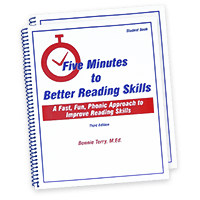
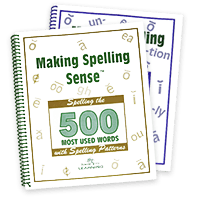
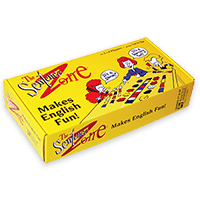
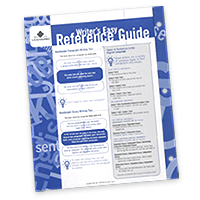
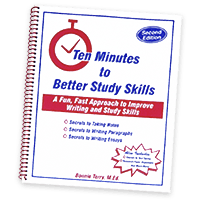
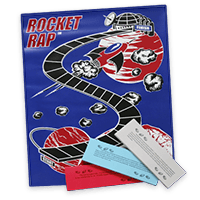

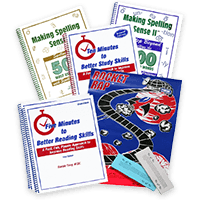
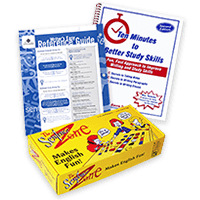
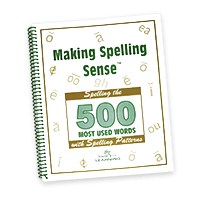









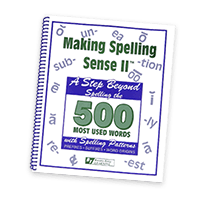
Hi Bonnie, what a very interesting read – I feel I definitely need to practice some of your suggestions.
Thank you for sharing :)
Excellent article. Have found out some of the challenges in writing that I had as a kid. Fortunately computers helped me replace my printing and my handwriting!
I have to chuckle at point number 11. It never worked for me to have someone look at my work, because noone could read it. Often I couldn’t either.
We were told my son had issues with this. He was having a difficult time with writing assignments. After a few months with the writing teacher in one-on-one sessions, she told us it’s a phonics issue. Well I have my doubts but we will be trying whatever they suggest. He will be re-learning some phonics. They say it was when he was reading he couldn’t comprehend correctly. Does this make sense to you?
Thanks
It sounds to me like there may be a variety of issues interfering with your son’s learning. I would be happy to offer you a complimentary 30 minute consultation to discuss what may be going on. Please call my office to schedule it or email me your number and I’ll contact you to schedule. My email is info@bonnieterrylearning.com. Put in the heading ‘consultation.’
Bonnie Terry, M. Ed., BCET
530-888-7160
http://bonnieterrylearning.com
Your comment just came to me today…which is why my response has been delayed!
There is a lot you can do to help your son. I think there may be several different underlying root causes that are holding your son back. It is a bit difficult doing justice to your question via email, so, I’m offering you a complimentary 30 minute consultation on how you can help your son with specific activities that will help him, let me know. It can be arranged! I do have a few openings this week as well as next week. I will do everything I can to get you in sooner rather than later due to the long time it has been since you wrote your question.
How is someone diagnosed with finger agnosia. My son’s school said he would have to have a neurological exam in order to have accommodations listed. He has just been diagnosed with ADD Jan 2013. Tells me all the time he can’t put down on paper what is in his brain, or he doesn’t know how to get started. When I saw this, I was like WOW this fits him to a “T”.
Any suggestions on how I can get accommodations added to his IEP without a neurological exam?
Hi Angie,
You should be able to have a physical therapist or occupational therapist make the diagnosis. Additionally, if there is record of the difficulty from his teachers regarding the discrepancy between physically writing and verbally responding you may also get the accommodations you need.